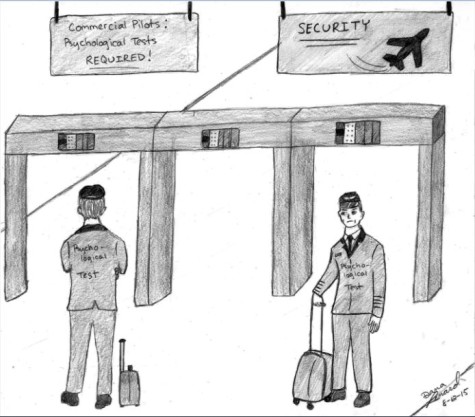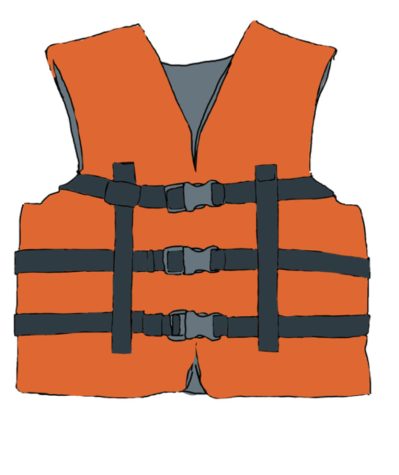EASA considers pilot psychology tests
It has been three months since the Germanwings incident that resulted in 150 deaths caused by an intentional and suicidal act by the flight’s co-pilot, Andreas Lubitz. Following the incident, a thorough investigation by the European Aviation Safety Agency (EASA) has been done to identify the possible measures that can prevent such tragedy from happening in the near future.
The EASA concludes that tougher medical and psychological observation on Europe’s pilots needs to be enacted. New medical processes will include random drug and alcohol testing on pilots that are deemed fit to fly, while additional psychological observation will include a support scheme that enables pilots to discuss concerns about their career confidentially. Open discussions will, in turn, encourage struggling pilots to seek treatment and assistance to prevent stress from overwhelming their mental stability while working as a pilot. Although the past Germanwings incident didn’t involve the abuse of drugs and alcohol as a cause of any aspect of the crash, the EASA deems it as a potential threat to pilots’ mental well-being.
Although several aviation experts argue that such tests wouldn’t be effective in eliminating future potential Germanwings incidents, the EASA task force maintains that such additional processes will help minimize similar tragedies from happening in the future.
Although a promising proposal, legislating these new standardized medical and psychological tests will be tough in confidentiality-sensitive countries such as France and Germany, both of which have a strong history of maintaining the medical privacy of their citizens.
“We know this is going to be the most difficult topic in our recommendations, but we really believe that if nothing is done…then the risk is still high of having pilots who are medically unfit,” said Patrick Ky, the EASA executive director.
Aside from any changes proposed in the medical and psychological aspect of pilot screening in the Europe, the EASA will also strengthen the two-person rule that obligates at least two crewmembers to be present in the pilot’s cabin throughout any flight. The rule was originally created in the wake of the Sept. 11 attack in the United States, but was not reinforced to a great extent in European aviation companies.
“I think pilots should have to pass some psychological test,” said senior Colleen Gallagher. “I wouldn’t feel safe if I thought the pilot could have a breakdown at any time.”
New proposals will have no effect until officially implemented as a valid law. It’s up to the contemporary E.U. panel to decide whether such changes are necessary for the sake of safer air travel.
Your donation will support the student journalists of Saint Viator High School. Your contribution will allow us to purchase equipment and cover our annual website hosting costs.








